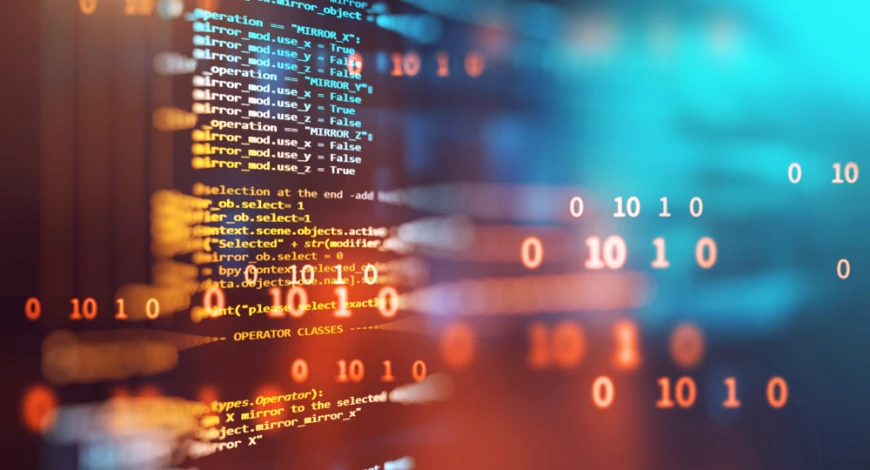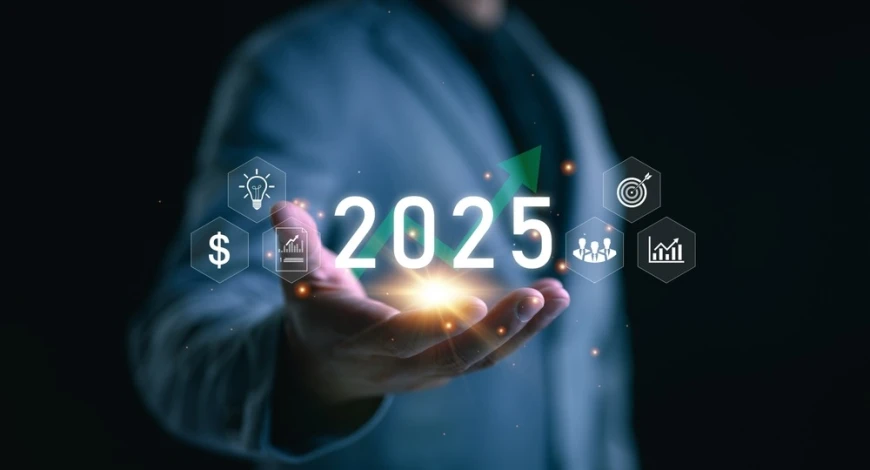2025 Enterprise Software Development Trends: What’s Changing?
The world of enterprise software development is on the verge of transformation in 2025. As digitalization matures and AI-driven processes become the norm, organizations now pursue excellence in agility, security, sustainability, and data ethics. This article explores the key enterprise software development trends shaping 2025 and how businesses can adapt to the evolving landscape.
1) AI-powered development: The future of coding
In 2025, artificial intelligence is no longer an aid but an integrated partner in software development. AI pair programming assists in code completion, testing, and debugging, while Generative AI systems generate code directly from business requirements, boosting productivity and cutting release cycles.
Key benefits of AI in development
- Automated code and vulnerability analysis
- Natural language-based coding and documentation
- AI-driven test automation with up to 40% faster execution
- Predictive modeling of code defects
2) Microservices and cloud localization
Scalability and resilience drive enterprises toward microservices, serverless, and edge computing architectures. With cloud localization, organizations comply with data sovereignty while maintaining global efficiency—vital for sectors like healthcare and finance.
Key techs in microservice ecosystems
- Kubernetes and Istio service mesh management
- Event-driven architectures for real-time processing
- API Gateway and GraphQL for efficient data access
- AIOps tools for observability and auto-scaling
3) DevSecOps: Security as culture
DevSecOps shifts security left by embedding it into every CI/CD pipeline. Static, dynamic, and dependency scans run automatically, detecting vulnerabilities before deployment. Organizations now view security as everyone’s job.
4) Low-code / No-code platforms
By 2025, low-code tools democratize software creation, empowering business teams to digitize workflows without deep technical knowledge, leading to faster innovation and lower costs.
5) AI-driven test automation
Testing evolves toward proactive improvement. AI tools now analyze user behavior to generate test cases automatically, expanding coverage and reducing human errors.
6) Green software and sustainability
Green software development optimizes algorithms and infrastructure for energy efficiency. Sustainable computing becomes a strategic goal, integrating carbon tracking and renewable data centers.
7) AI governance and ethical coding
Transparency and accountability define 2025’s AI landscape. AI governance frameworks ensure explainable models, bias mitigation, and automated ethical reviews.
8) Quantum computing and optimization
Quantum computing enters enterprise experimentation, solving optimization problems in logistics, finance, and pharmaceuticals—heralding a new software paradigm.
9) Cyber resilience
Organizations focus on maintaining operations amid cyberattacks. Cyber resilience blends prevention, rapid recovery, and cross-departmental accountability.
10) Data-centric architectures
Data becomes the enterprise’s most valuable asset. Data-centric design and data mesh enable long-lived, interoperable systems built around unified data models.
2025 marks the fusion of AI, microservices, DevSecOps, and sustainable computing into one enterprise evolution. Success belongs to organizations that not only invest in technology but also govern it wisely.
-
 Gürkan Türkaslan
Gürkan Türkaslan
- 20 October 2025, 11:20:21
 English
English



